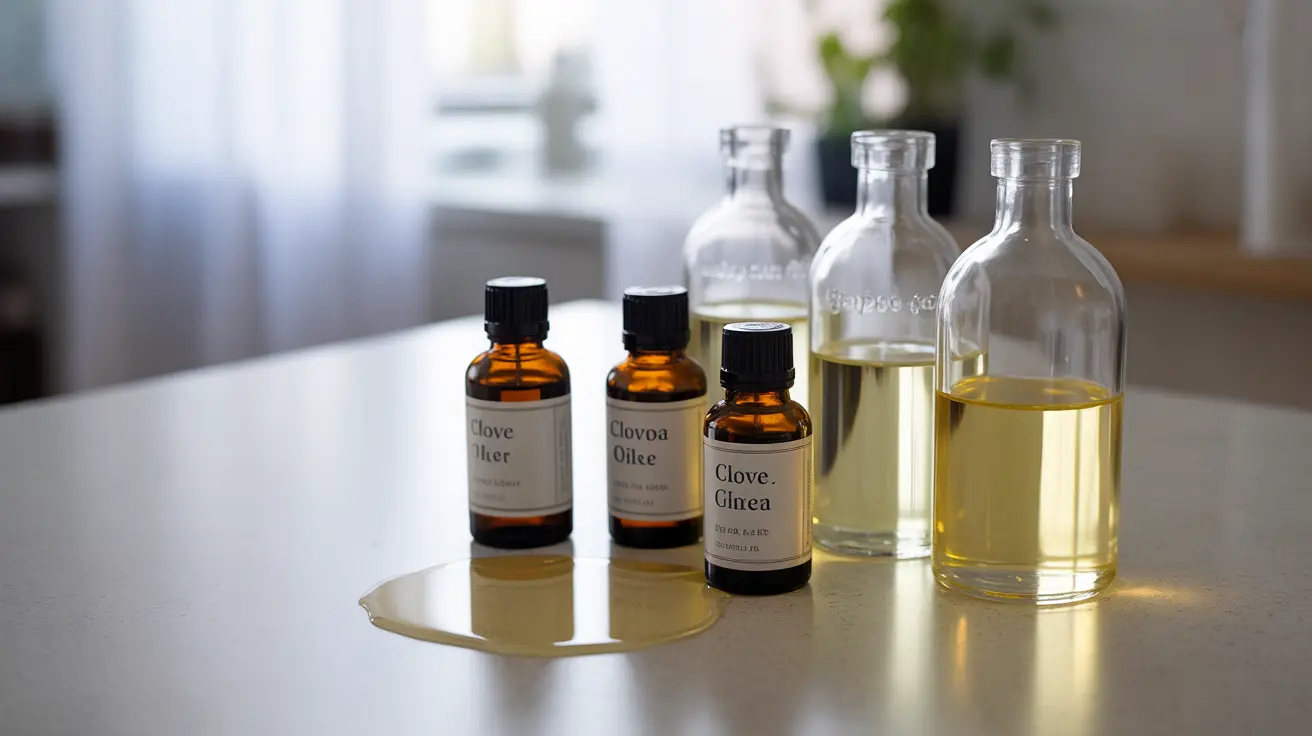For those seeking natural alternatives to conventional acne treatments, clove oil has emerged as a potentially effective solution. This powerful essential oil contains antimicrobial and anti-inflammatory properties that may help combat acne-causing bacteria and reduce skin inflammation. However, understanding how to use it safely and effectively is crucial for achieving the best results.
In this comprehensive guide, we'll explore the science behind clove oil's acne-fighting properties, proper application methods, and important safety considerations to help you make an informed decision about incorporating it into your skincare routine.
Understanding Clove Oil's Anti-Acne Properties
Clove oil contains eugenol, a compound with strong antimicrobial and anti-inflammatory properties. These characteristics make it potentially effective against Propionibacterium acnes, the bacteria primarily responsible for acne formation. The oil's natural antiseptic qualities may help cleanse pores and reduce inflammation associated with breakouts.
Safe Application Methods for Acne Treatment
Due to its potency, clove oil must be properly diluted before application to avoid skin irritation. Here's how to use it safely:
- Dilute with a carrier oil (1-2 drops of clove oil per tablespoon of carrier oil)
- Perform a patch test before full application
- Apply only to cleansed skin
- Use no more than once or twice daily
- Store in a dark, cool place to maintain potency
Recommended Carrier Oils for Dilution
Choose non-comedogenic carrier oils such as:
- Jojoba oil
- Grapeseed oil
- Hemp seed oil
- Sweet almond oil
Treatment Duration and Expected Results
While individual results vary, consistent use of properly diluted clove oil may show improvements in acne conditions within 2-4 weeks. For optimal results, incorporate it into a complete skincare routine that includes gentle cleansing, moisturizing, and sun protection.
Precautions and Potential Side Effects
Before using clove oil for acne, consider these important safety factors:
- Never apply undiluted clove oil directly to skin
- Avoid use during pregnancy or nursing without medical consultation
- Discontinue use if irritation occurs
- Keep away from eyes and mucous membranes
- Don't use on broken skin or open wounds
Combining Clove Oil with Other Natural Ingredients
To enhance effectiveness, clove oil can be safely combined with other natural acne-fighting ingredients:
- Tea tree oil (additional antimicrobial properties)
- Aloe vera (soothing and healing)
- Witch hazel (astringent properties)
- Green tea extract (antioxidant benefits)
Frequently Asked Questions
How effective is clove oil for treating acne compared to standard treatments like benzoyl peroxide? While clove oil shows promising antimicrobial properties, it typically works more gently than benzoyl peroxide. It may be most effective for mild to moderate acne, while severe cases might still require conventional treatments.
What are the best ways to use clove oil safely for acne without causing skin irritation? Always dilute clove oil with a carrier oil at a 1-2% concentration (1-2 drops per tablespoon of carrier oil). Start with a lower concentration and gradually increase if needed, always performing a patch test first.
Can clove oil help reduce acne scars and dark spots, and how long does it take to see results? Clove oil may help fade post-acne marks due to its anti-inflammatory properties, but results typically take 4-8 weeks of consistent use. For best results, combine with proper sun protection and gentle exfoliation.
What are the potential side effects or allergic reactions of using clove oil on the skin for acne? Potential side effects include skin irritation, redness, burning sensation, or allergic reactions. Always perform a patch test and discontinue use if you experience any adverse reactions.
Is it beneficial to combine clove oil with other natural ingredients for better acne treatment? Yes, combining clove oil with complementary natural ingredients can enhance its effectiveness. However, introduce new ingredients gradually and monitor your skin's response to avoid overwhelming it.




